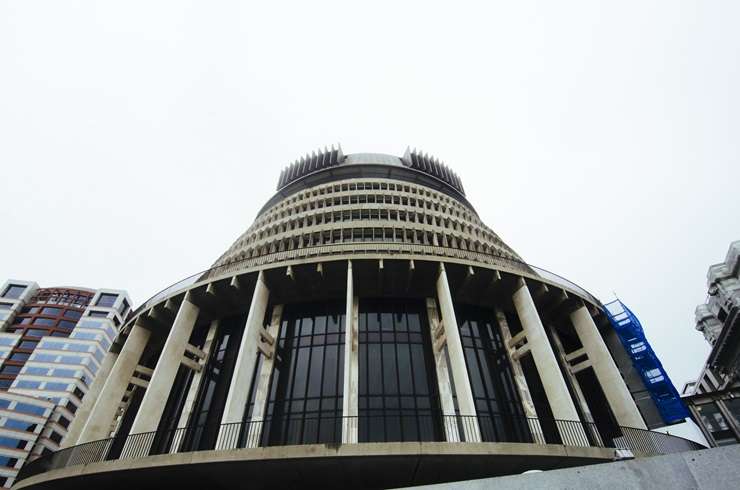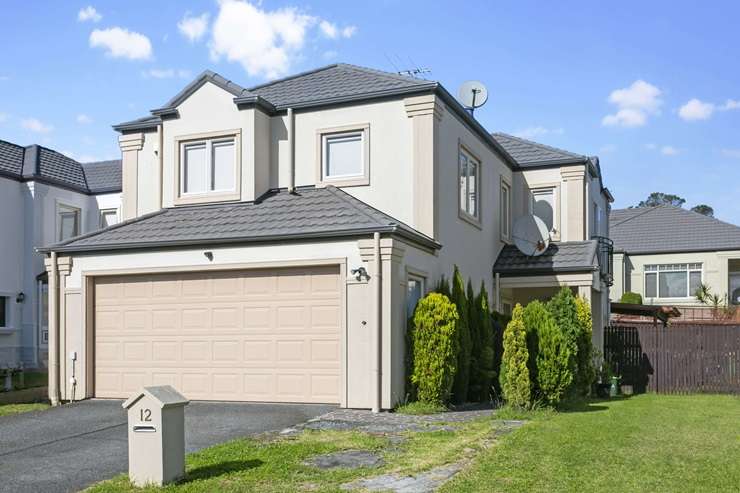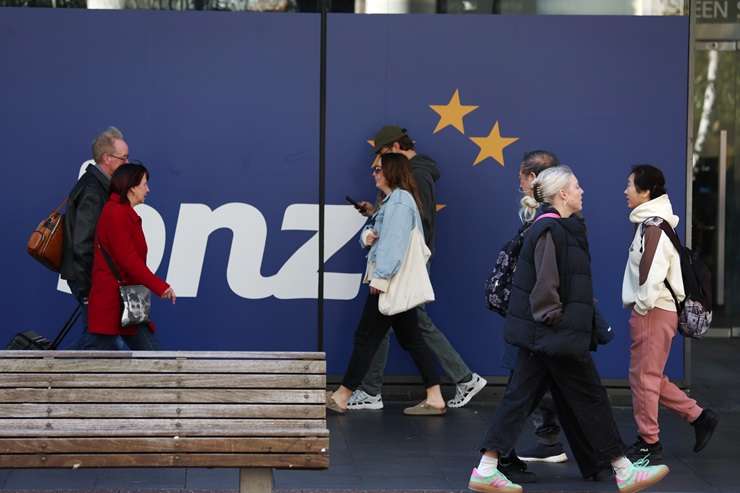Mortgagee sales are rising and market experts are predicting the numbers will get worse from here on out.
A Wellington mortgage broker, who asked not to be named, said the high cost of living combined with the thousands of job losses in the public sector would result in forced sales.
It was likely people would still owe money to their lender even after their house was sold, he said.
An uptick in forced sales in the capital had not happened yet - but calls from people under pressure had.
Start your property search
“It’s just going to double and quadruple in the sense of a lot of people just won’t be able to afford it and, with 6000 jobs going in Wellington, imagine how many people are going to be in the poos,” the broker told OneRoof.
“Put it this way, if you’re forced to sell, you’re screwed. You’re screwed because you’re going to get a lot less than what you paid for it.”
Discover more:
- Mortgagee sale of luxury lodge linked to Kiwi racing legend
- Mayor wants answers after controversial housing development paused
- Wellington house prices feel the pinch amid public sector lay-offs
The broker said banks were going out of their way to help people struggling financially but when mortgage holidays and interest only options were exhausted the real problems would start.
“I personally think anyone looking at buying a house should wait six months to 18 months. You'll probably be able to get a steal because people will be desperate.”
Since 2020, mortgagee listings have been a tiny fraction of the overall market, with mortgagee sales per quarter averaging 23 - well below peak levels of more than 400 per quarter in the immediate aftermath of the Global Financial Crisis. But in the last six months, mortgagee listings on OneRoof.co.nz have risen more than 20% on the previous six-month period.
Grant Henderson, Bayleys regional general manager in Wellington, said his team had been involved in four mortgagee sales this year already.
“There's definitely been an increase and we're doing quite a few appraisals on corporate recovery,” he told OneRoof.
“The cost-of-living crisis is just so all-encompassing. It's not just food and power and mortgage rates. Insurance [premiums] have gone up 47%, councils are now imposing massive rates rises.”
Henderson said in some cases banks had been holding on for three years to try to help people: “No one gets any joy in this.”
He said the situation was a repeat of the post-GFC years. “I think anyone who's feeling pressure should speak to a real estate agent quickly to uncover what their options are.”
Henderson said there could be an upswing in listings in spring as people moved ahead of a forced sale. “If I were looking at job loss and wondering what to do, I'd be on the market ASAP because at least then I'd know what I've got left.”

The Beehive in Wellington. Public sector redundancies in the capital have added to the pain. Photo / Getty Images
In Auckland, agents are also seeing more pain in the market. George Erdos, from Ray White, could not give details about a mortgagee sale he is listing in Blockhouse Bay but said the banks were trying “every possible alternative” to avoid mortgagee sales.
“Contrary to what a lot of people say about the banks, [mortgagee sales] are not their preferred option. It’s the last option, not the first option.”
Owners often went into denial rather than face up to their financial struggles, but that was the worst thing they could do, he said.
“I can’t tell you how many times I hear, ‘The bank has got it wrong, it’s all going to be sorted’. If the mortgagor gets into difficulty, all the costs start compounding.”
Mark Honeybone, agent and franchise owner of Harcourts Property Ventures, has a couple of forced sales on the go, including one in Papakura listed as “on notice from a third-tier lender”.

A three-bedroom house at 12 Terracotta Drive, in Blockhouse Bay, Auckland, is listed as a mortgagee sale. Photo / Supplied
The common theme was people could not afford the mortgage repayments anymore and had stopped paying, he said.
Part of the problem, in his view, was the CCCFA rules introduced in 2021. Banks were so scrupulous about spending habits, that applicants who could not get finance went to secondary lenders, who charge a much higher interest rate.
“That’s fine for a little while but obviously the market has turned and suddenly you owe more than the place is worth,” he said.
“I think it’s just the beginning of it. They’ve tried to hold off and tried to hold off but now there just seem to be a few more coming on so there could be quite a lot, and these are good people.”
In West Auckland, broker Kyle Reardon, from Loan Market, said a lot of people were coming forward to get advice ahead of reaching that stage.

417 Great South Road, in Opaheke, Papakura, is going to auction on July 24. The listing states it's "on notice from a third-tier lender". Photo / Supplied
He, too, spoke of the high interest rates charged by non-bank lenders as a major reason for people’s struggle, saying a lot of the problem stemmed from the huge FOMO (fear of missing out) around after Covid, with people thinking they had to get in the market or miss out.
“So they’ve sort of pushed it. The issue that I see is that at that particular time there wasn’t enough restriction on the affordability scale,” Reardon said.
“The Reserve Bank of New Zealand should have probably moved forward a little bit quicker on protecting people by increasing the test rates earlier.”
People were looking for support, he said. “It’s almost like the Government needs a helpline, like a financial helpline with some guidance.”
The dollars involved were large, he said, citing a couple, where the wife had lost her job, who were making mortgage payments of around $6000-$7000 a month.
The lender agreed to an interest-free option for five months but the mortgage was still over $5000 a month and the maximum the couple could pay was $3500, plus the mortgage was more than the house was now worth.

The changes to the CCCFA and the impact they had on bank lending have been cited as aggravating factors. Photo / Fiona Goodall
When people reached this stage there were limited options, none of them good. One was a mortgagee sale which would damage their credit history for many years and likely leave them still paying off the remaining debt not covered by the sale.
If people sold the house themselves ahead of the mortgagee sale but received less than they paid, again they would still be paying the lender back the difference but without a home.
“It’s a really challenging space, to be honest,” he said.
Reardon said people’s stress levels were through the roof. “They’ve done what they thought was the right thing, buying a home for their family, living in it, and then, obviously, when something like that happens, your partner loses their job, or your interest rates just become so high, it must be so stressful.”
Cameron Marcroft, director and senior adviser for Loan Market Central, said while there were not a lot of mortgagee sales to date in Auckland’s more expensive suburbs, there was still pain.
His clients were often proactive and tended not to get into a mortgagee situation. “We are lucky our clientele hasn’t got to that stage a lot. We’re still seeing tough times, absolutely without a doubt,” he said.
“We’re seeing small businesses come in and go ‘This is getting really hard, we don’t know what we’re going to be able to do’.”
Small business owners often financed their business through their homes, so were vulnerable if the business failed, but they were motivated to take action because they did not want bad credit nor others knowing they had to undergo a mortgagee sale.
- Click here to find properties for sale







































































